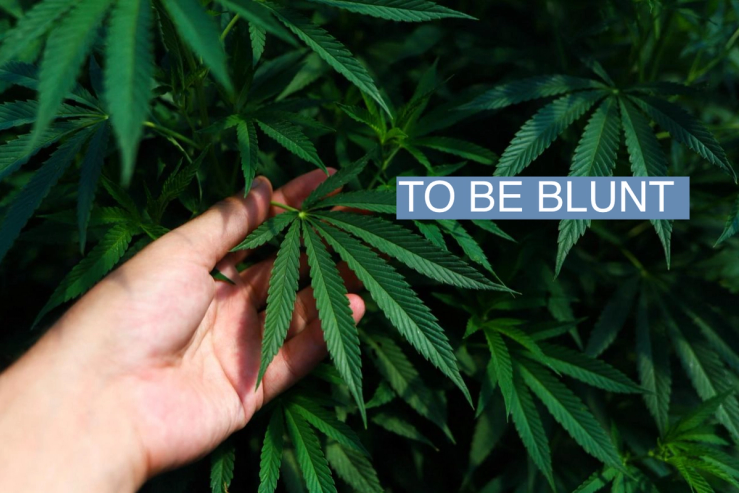The News
A United Nations narcotics watchdog has condemned global efforts to legalize recreational marijuana, saying that countries are failing to address the “potentially serious health dangers” that users face.
In a report released Thursday, the UN’s International Narcotics Control Board (INCB) said that the “trend” among a number of governments to legalize non-medical use of cannabis was leading “to higher consumption” and “negative health effects and psychotic disorders,” while also violating a 1961 drug convention that “classified cannabis as highly addictive and liable to abuse.”
Know More
“The expanding cannabis industry is marketing cannabis-related products to appeal to young people and this is a major cause for concern as is the way the harms associated with using high-potency cannabis products are being played down,” said Jagjit Pavadia, president of the International Narcotics Control Board.
The report said there were many unanswered questions about the longterm consequences of legalization, but pointed to data from countries with legal markets such as Canada, Uruguay, and some states in the U.S. to show that legalization had failed to address problems like increased consumption rates, criminalizing users, illicit markets, and organized crime.
The agency expressed increasing concern for recreational drug use by minors. The report cited data from the 2020 U.S. National Survey on Drug Use and Health which found that more than 14% of teens between the ages of 12 and 17 used cannabis in states where cannabis is legalized, compared to about 12% of teens in states where it is illegal. The report suggests that this is because of decreased perception of risk, particularly as products like edibles and vapes are marketed for younger people.
Room for Disagreement
Some have criticized the INCB’s report, saying it neglects to consider the social benefits of legalization efforts.
“We express concern about the outdated attitude of the INCB that ignores scientific evidence, human rights and social and financial cost issues,” tweeted Goethe University Frankfurt’s Center for Drug Research. The group said that a reform of the UN’s 1961 Single Convention on Narcotic Drugs was “long overdue.”
Some officials even appeared to mock the report.
“On #cannabis legalisation, the UN would like you to know that it is standing athwart the path of history shouting ‘stop’ extremely ineffectually,” tweeted Richard Gowan, the UN director of the International Crisis Group think tank.
The View From Germany
The German government proposed legalizing cannabis in October, which would make it the second country in Europe, after Malta, to fully legalize recreational use for adults. Unlike Malta, however, the German proposal would also legalize a regulated market for the sale of cannabis.
Because of the unprecedented nature of the policy, it has faced immense scrutiny from the European Union. While German lawmakers were hoping to unveil the new measures by 2024, analysts now believe it will likely take longer for a bill to pass.
The View From Uruguay
Uruguay is the first country to fully legalize recreational cannabis and regulate controlled sales, with authorized pharmacies beginning commercial distribution in 2017. However, government regulations mean that the cannabis plants for sale contain relatively low levels of THC, the psychoactive compound in marijuana, and only Uruguayan citizens are permitted to purchase.
The View From Mexico
Mexico’s legality on cannabis remains in a gray area. A 2018 Supreme Court ruling found that it was unconstitutional to prohibit recreational use of cannabis, and President Andres Manuel Lopez Obrador subsequently signed a law legalizing personal use.
However, efforts to legalize a commercial cannabis market have stalled in Congress. Part of the concern is what a legal market would entail for drug cartels, who have been studying how businesses legally operate in states like California.
The View From Thailand
Thailand became the first country in Southeast Asia to decriminalize marijuana in 2022, and cannabis shops operating in a legal grey zone have since popped up across tourist hotspots.
Last month, parliament failed to endorse an umbrella law that would explicitly regulate the use and distribution of the substance. Many people still have strong anti-drug sentiments, which analysts say may be a key issue for voters in the upcoming general elections in May.
The current government’s support of legalization centers on the hope of turning cannabis into a legal cash crop. Last year, the government gave out one million free cannabis plants to households across the country.


